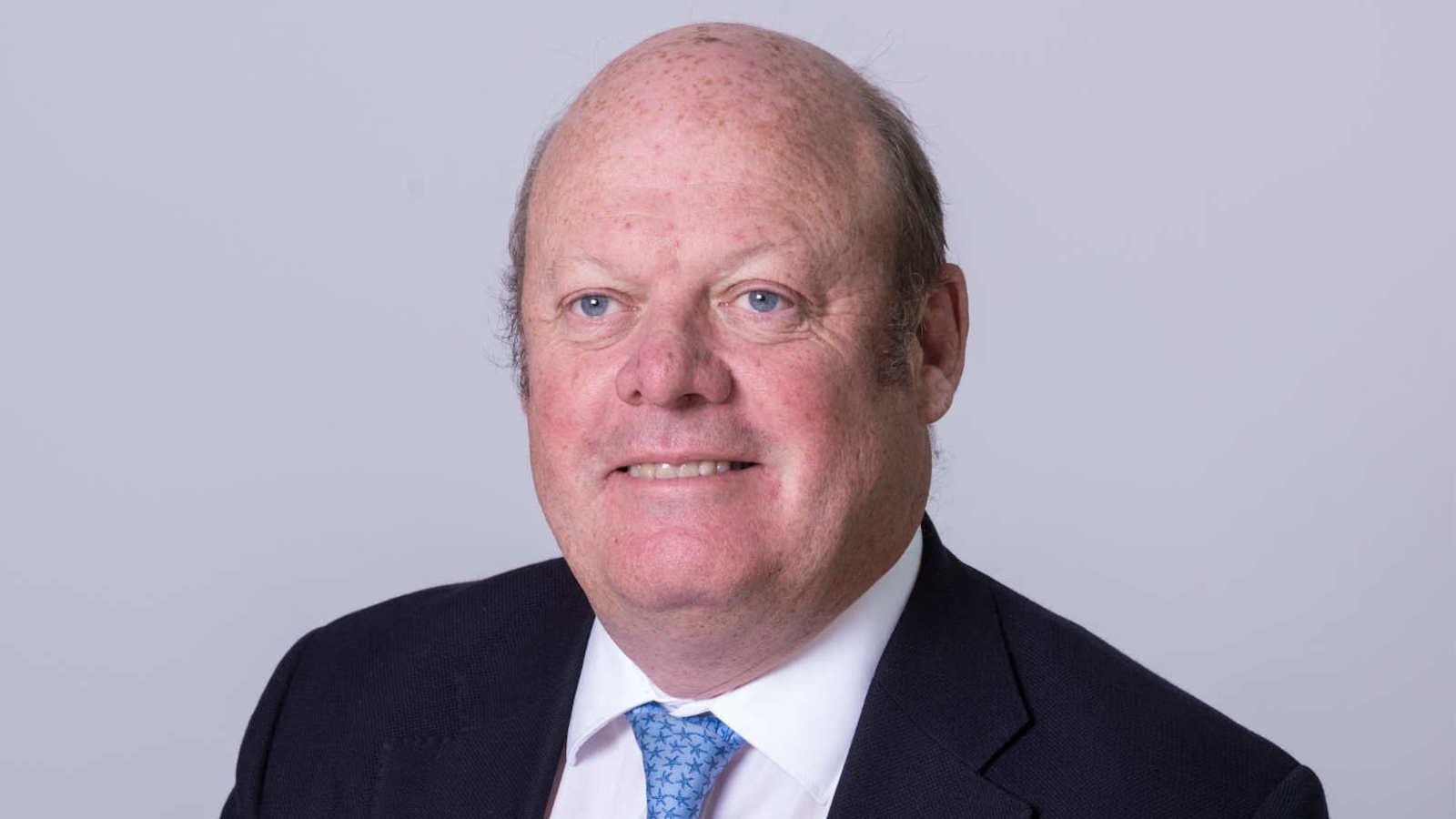
15 minutes with... Andrew Hosty, CEO of the Henry Royce Institute
The CEO of the UK's exciting new National Institute for Materials Science Research and Innovation talks about how to create a culture of innovation, his greatest professional mistake and his best life hack.
Background
Andrew Hosty is CEO of the Sir Henry Royce Institute, the UK's exciting new National Institute for Materials Science Research and innovation, where he has been tasked with ensuring it becomes a world leading centre for advanced materials research and commercialisation. Andrew is a Non-Executive Director of Consort Medical plc, Rights and Issues Investment Trust plc and RHI Magnesita plc. He is also a member of the advisory board for private equity investor Investcorp’s Italian investment Ceme SpA, the worldwide leader for solenoid pumps. Previously, Andrew was COO of FTSE 250 Morgan Advanced Materials plc.
Andrew has successfully used Nurole both as a candidate, joining a private equity board as a non-executive, and as a client, using the platform alongside a traditional headhunter to build the board of the Sir Henry Royce Institute.
Best Advice
What advice can you offer anyone aiming to create a culture of innovation?
The key is to provide both physical and mental space for people to explore ideas. You also need to promote a culture which allows for diversity of ideas and the time for those ideas to develop. As a leader you need to be agnostic to the direction of travel until you are certain about it, to make sure that you don’t stifle good ideas.
What is the best professional advice anyone gave you?
The best advice I have received is to always look on the bright side of situations. I have often found myself in situations where it felt like there was no win-win outcome, but by digging deeper and changing the parameters when it felt it wasn’t possible to do any more, we invariably found a solution.
What advice would you offer anyone looking for their first CEO role?
Always look for a role where you think you can make a genuine improvement and move the organisation on. During interviews you will begin to understand the organisation’s agenda - think carefully about how well your skills suit delivering and challenging that agenda.
Advice for anyone preparing for their first CEO interview?
Do the research on the organisation, and the people in it, using your network. The colour comes from speaking with people who are close to the board. It should always be a two way conversation - you should be doing as much work as you would expect your advisors to be doing on prospective candidates when you are hiring.
What advice can you give to those who have been rejected for roles?
Listen to the feedback and take appropriate action. Understand if you were appointable - sometimes you are appointable but there are stronger candidates and you just have to keep going.
What do you think is the key to being a good CEO?
A good CEO works with the team both to develop a compelling strategy for the organisation, and to execute it. You have to build a successful team, getting the right people in the right roles. Finally, you need to be able to see the wood for the trees and concentrate on the few things that really matter, while making sure everything else gets done.
When have you got it most wrong professionally and what did you learn?
I kept people on the bus too long. I have learned to get better at it as I realised, with the benefit of hindsight, that the risk of changing people was much lower than I thought. Organisations are much more robust than you think.
How do you know whether to keep someone “on the bus” if they are borderline?
It’s a judgement call on the amount of progress you see them making. It depends how mission critical the role is and what else needs to happen, but you should be able to make a call within a few months. I find it helpful to always agree key objectives for the following year upfront, with relatively formal monthly updates on how progress is being made. It’s also about how things are done - objectives can be achieved but in less than optimal ways, and this needs to be addressed.
Your Nurole Experience
How did you hear about Nurole?
I was recommended by a FTSE 100 chair.
What made you sign up?
I was looking for a non-executive role.
How have you found the experience as a member?
Good - I found a chair role!
What advice would you have for other members applying through the platform?
I think it’s all very self-explanatory - I would simply urge them to make use of the platform!
In one sentence, how would you explain what Nurole does to someone who doesn’t know it?
It provides the opportunity to reach outside the traditional networks for recruiting.
About You - 10 Question Quick Fire
3 words the person who has worked most with you would use to characterise you?
Energetic, imaginative, fun!
Favourite book?
Sacred Summits, Peter Boardman.
Favourite restaurant?
Waterside Inn.
Favourite quote?
Carpe Diem.
Greatest passion?
My family.
Best life hack?
Tube Exits - it tells you which door to stand next to to exit most quickly.
Professional achievement of which you are most proud?
Being elected a fellow of the Royal Academy of Engineering.
Role model / mentor?
I don’t have one.
When does your alarm go off and how many hours of sleep do you have on average?
It varies - alarm typically goes off at 7am and I get 7 hours on average.
Best idea for a £10,000 investment?
mOm Incubators (www.momincubators.com) where I’m Chair!






